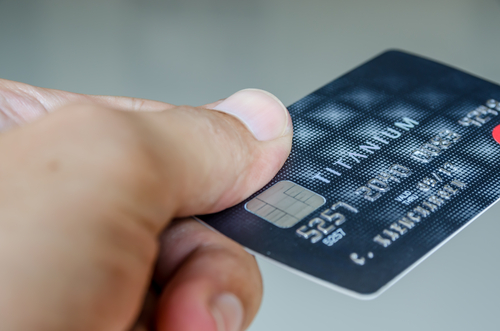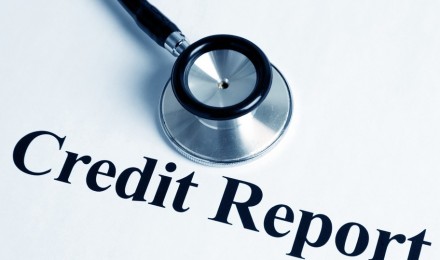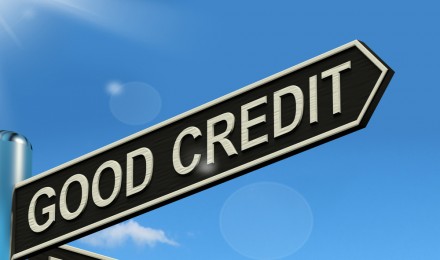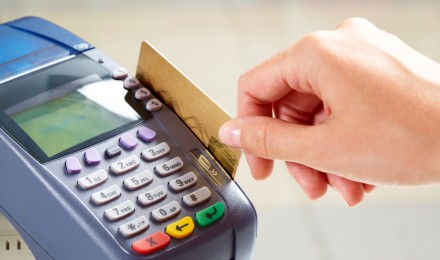What is a credit card?
This isn’t a difficult question, and most people define credit cards as a way to “buy now and pay later.” Credit cards, however, are much more than this. The more you understand about your credit card, the more you can benefit from its use. Additionally, fully grasping the ins and outs of credit cards can help you avoid serious credit problems, such as debt and bad credit.
Think you have the answer to “what is a credit card?” Here are five facts to know.
1. Payments are applied to standard purchases first.
Cash advances have a higher interest rate than standard purchases. If you take a cash advance on your credit card, you could end up paying this higher rate until you pay off the card. That’s because monthly payments are first applied to standard purchases.
Let’s say you have a purchase balance of $600 and a cash advance balance of $200. Even if the cash advance is your most recent purchase, every payment will go toward your balance, and only after you pay off the $600 will your bank apply payments to the $200. Meanwhile, you’re paying a cash advance rate of 24.99% or higher each month. Only take a cash advance if you can pay your balance in full each month.
2. Due dates aren’t written in stone.
Can’t seem to make your credit card payment by the due date? Then again, maybe you’re juggling multiple credit cards with payments spread throughout the month. Credit card companies are flexible, and if your present due date falls at a odd time of the month, you can request a new date.
3. Interest rates are flexible.
If you’re not happy with your interest rate and feel that you deserve a lower rate, discuss this frustration with your credit card company. Interest in how your bank makes money, and they’ll charge as much as they can. Some banks voluntarily offer lower rates to people who demonstrate good credit habits, but this isn’t always the case. Most times, you have to request a lower rate. It only takes one phone call to see if you’re eligible for a better rate, and if you are, the bank typically lowers your rate on-the-spot.
4. Closing a credit card account can hurt your credit store.
Good credit habits take discipline and hard work, and a high credit score reflects your efforts. With this said, don’t let a seemingly innocent move harm your credit score. After paying off a credit card, you may feel liberated and decide to close the account. This makes sense from a financial standpoint, but from a credit standpoint, closing your account has a devastating impact on your credit score.
The older your credit accounts, the better your credit score. Several components make up credit scores, with the length of your credit history accounting for 15% of your score. Shut down one of your older accounts and you can shave years off your history. A better approach: close your newest accounts first.
5. Creditors report your every move.
If you’re thinking about applying for a mortgage or auto loan in the near future, keep your credit in tip top shape. It only takes one mishap to ruin your loan chances. For example, some mortgage companies reject applicants with two or more late payments in a 12 month period. And if you have a ton of inquiries on your credit report, this can signal financial trouble and also trigger loan rejections. Creditors update reports on a regular basis and they don’t hold back. They’ll report your current balance, your highest balance to date, your payment record, even third-party assistance such as working with a credit counselor.







